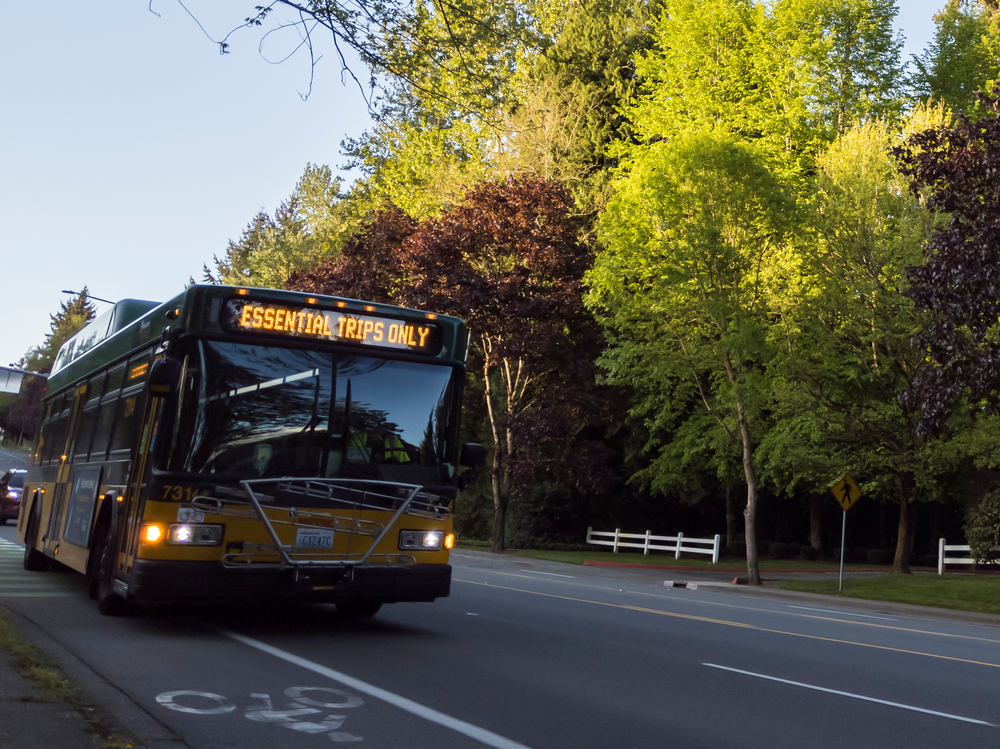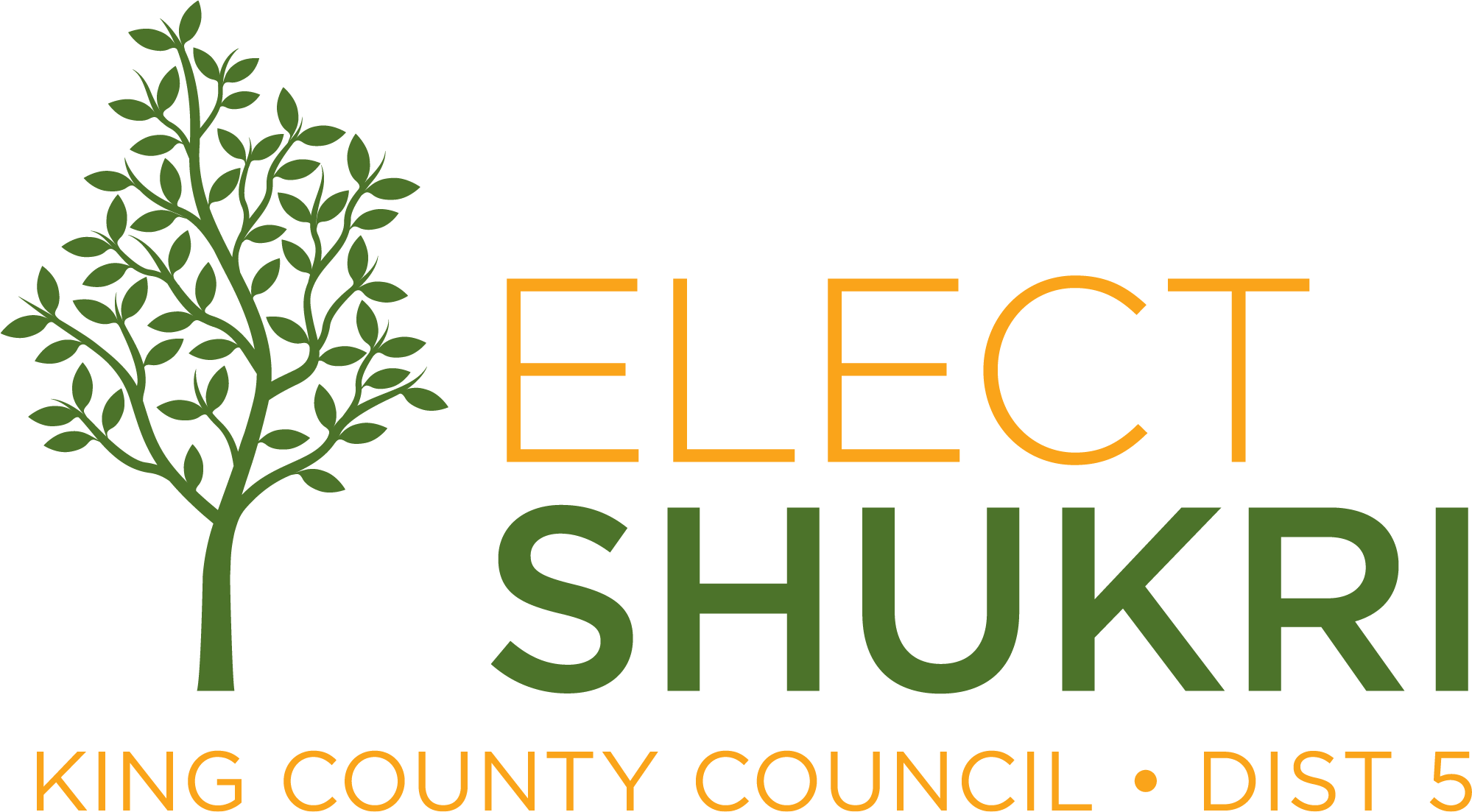
Over the next 20 years, my vision for the City of Seattle, King County, and the greater Sound Transit region is for the full completion of Sound Transit 3 as originally scheduled, a richer Rapid Ride system based on the Metro Connects long-range vision, and an environmentally forward transit-oriented development system that combats displacement and gentrification.
As someone who has relied on public services I understand that transit is one of the most important pieces of infrastructure to focus on as our county continues to grow at a rapid pace. The Metro Connects long-range vision is crucial to District 5, with new Rapid Ride and/or Express service planned for each municipality in the district (Burien, SeaTac, Tukwila, Renton, Kent, Normandy Park, and Des Moines). We need this additional service to connect more communities to the expanding light rail service and stations opening up in District 5 including SeaTac and Angle Lake, and the soon to be opened stations at Kent/Des Moines and S 272nd Street.
I will prioritize:
- Re-regionalizing our transit funding to counter the disproportionate access and services experienced across the county
- Working toward the goal of free transit in King County and across all counties that use the ORCA fare system. The unquestionable success of ORCA Lift and other transit pass programs for seniors and students have shown that communities across King County are desperate for more affordable, accessible public transit.
- Continued investments in Rapid Ride with adequate infrastructure such as dedicated bus lanes and signal cues to ensure speed and reliability.
- Pollution reduction and displacement mitigation such as zoning reforms to increase the supply of multifamily housing that leads to vibrant communities that are more transit oriented, walkable, and bike-friendly.
- Ensuring transit agencies are engaging communities competently and building trust. This means Sound Transit must end the over-policing and over-surveillance of Black and Brown youth in its stations, trains, and platforms.
- Funding public transit through progressive revenue options such as an employer payroll tax, capitol gains, and/or income tax.
- Investing in climate justice by prioritizing investments to reduce pollution in low-income communities, include black and brown workers in all climate project investments, and address the impacts of automation for worker displacement by transitioning all workers to a Green Jobs Promise and upskilling them to remain employed for positive climate economic impact.
It is people from the communities I grew up with in South King County who are often the most negatively impacted by our auto-centric transportation infrastructure, and this is where building alternatives to automobiles is a deep climate, race, and economic justice issue. People who can’t afford automobiles, or who can’t or don’t drive for myriad other reasons, should also have a right to access the resources of the city, not just those who have cars.
With two Sound Transit stations coming online in District 5 in the near future, we must prioritize combating displacement and gentrification, with ample access to affordable housing. Transit-oriented development and investments in affordable housing are one-piece of the puzzle, but a wider look at the land use and zoning policies beyond the immediate area surrounding major transit centers is crucial to sharing our region and sharing the impact of growth.
Do you like this page?
